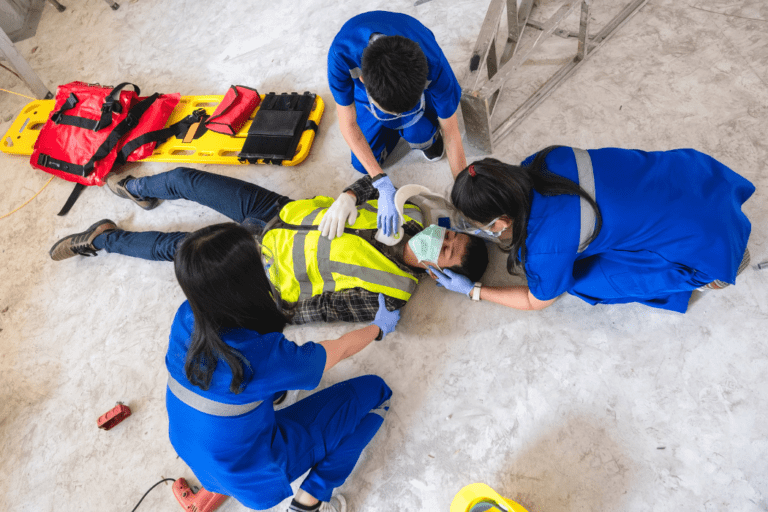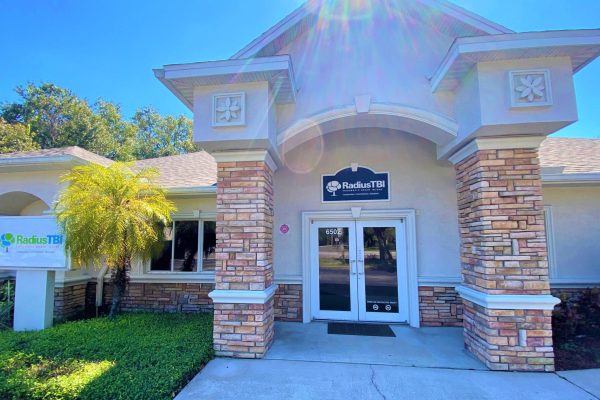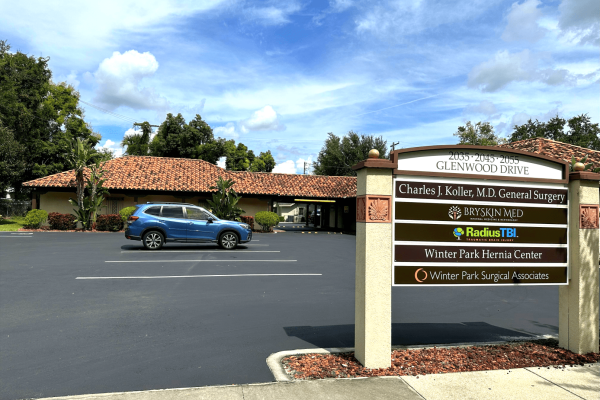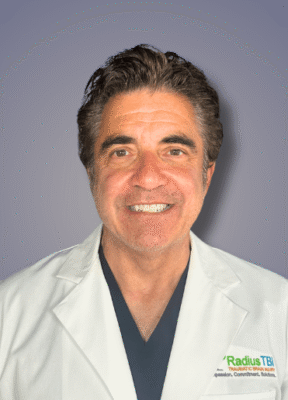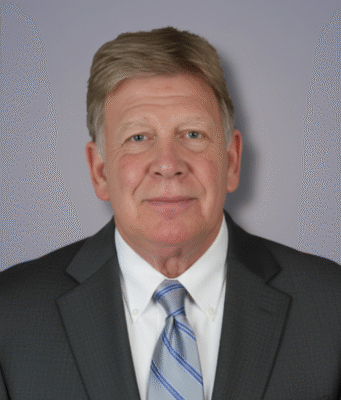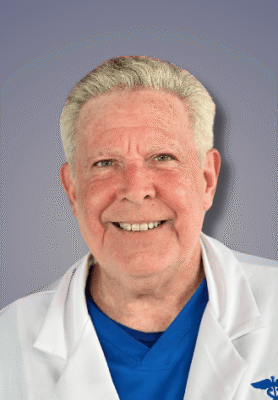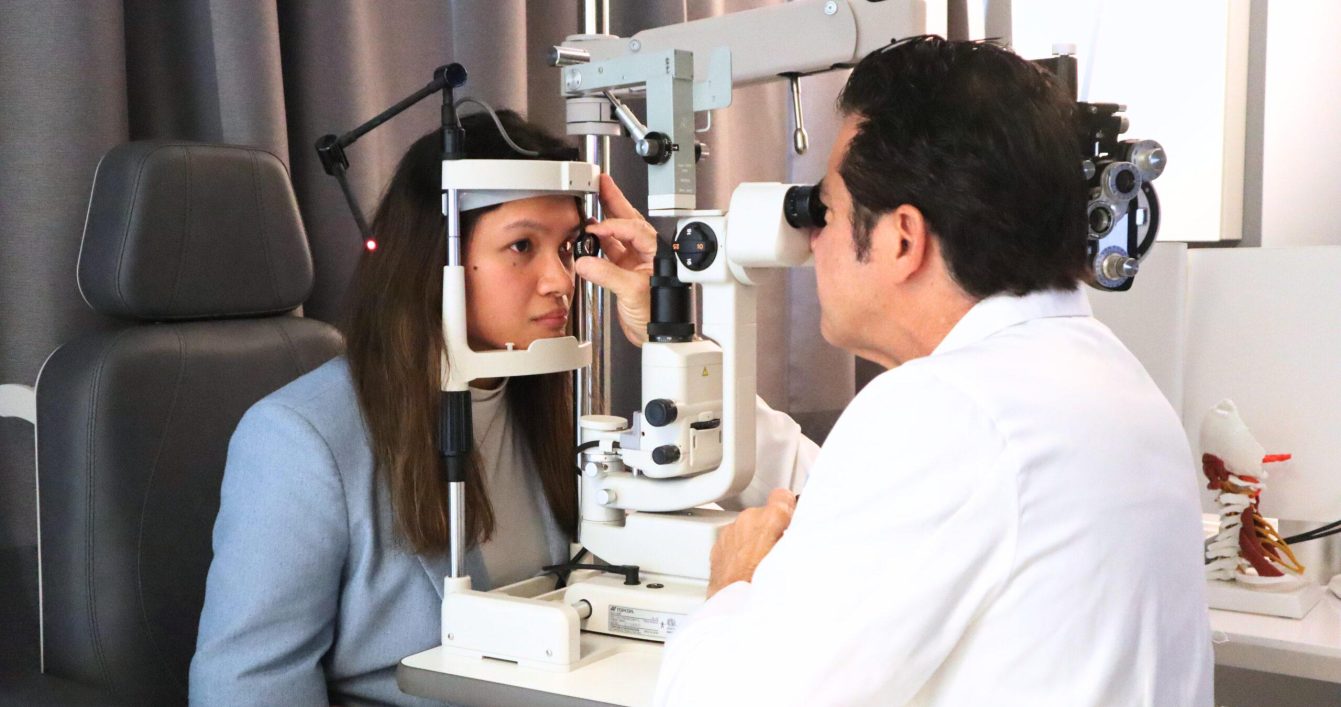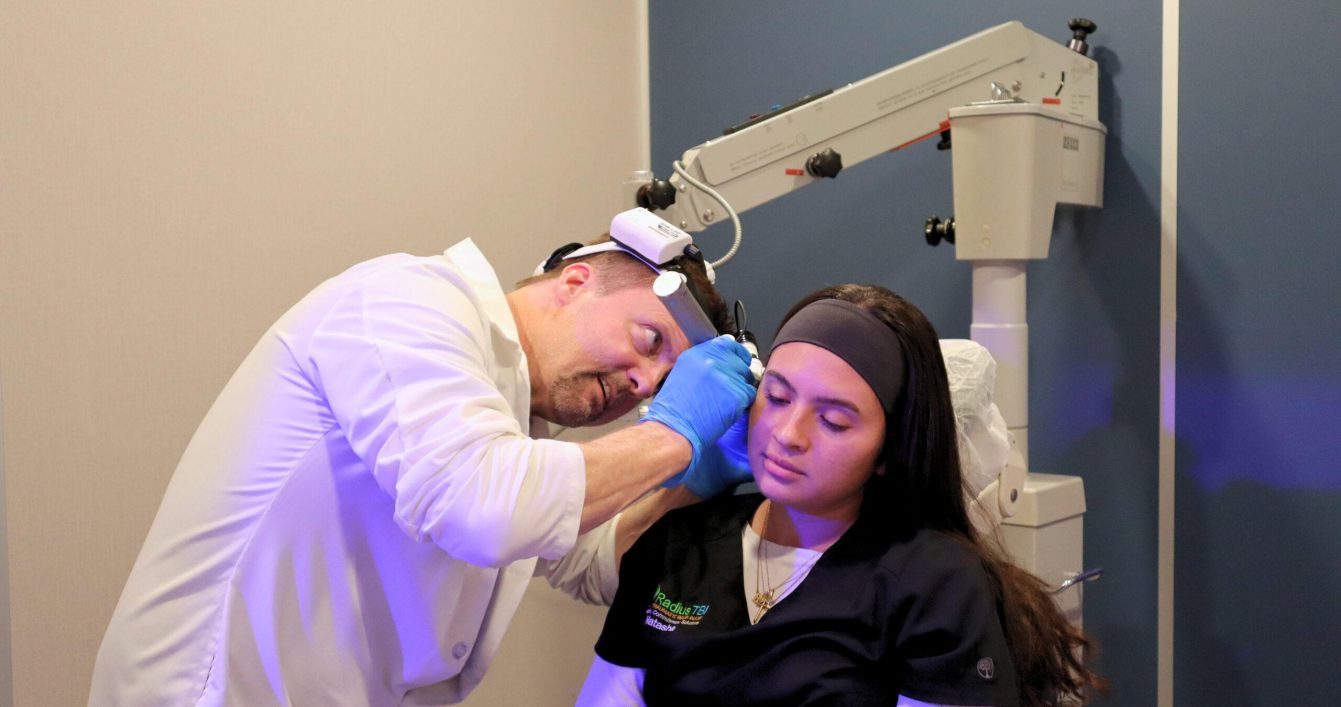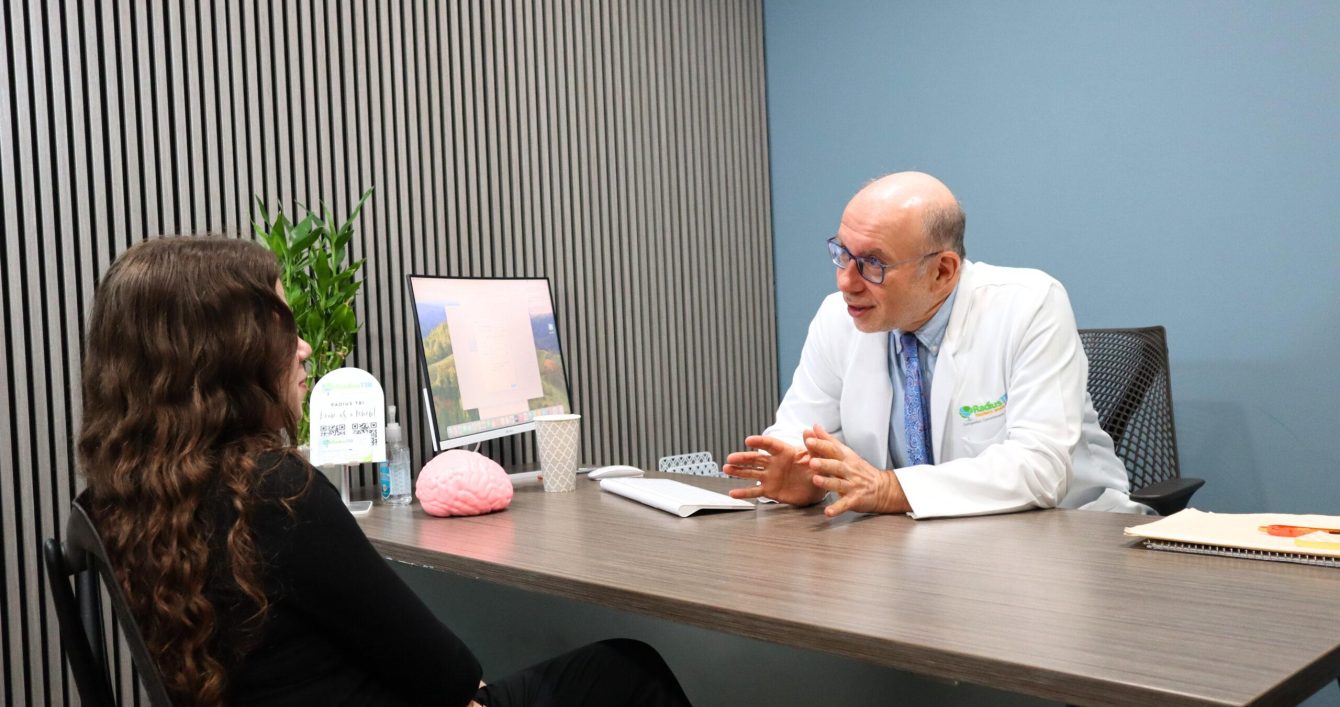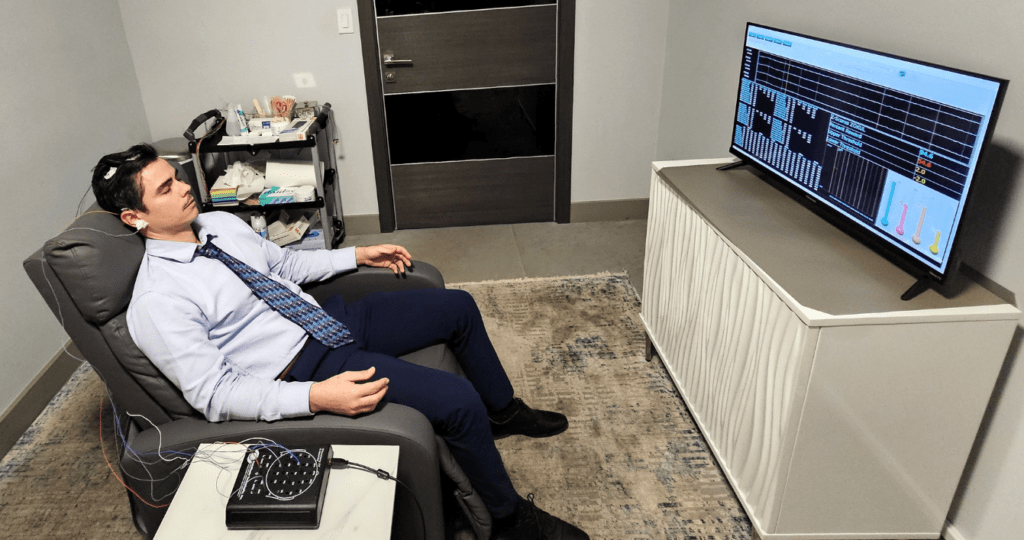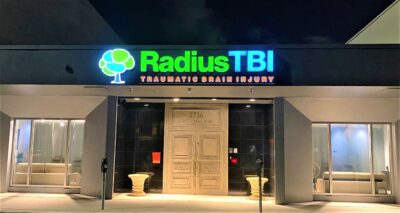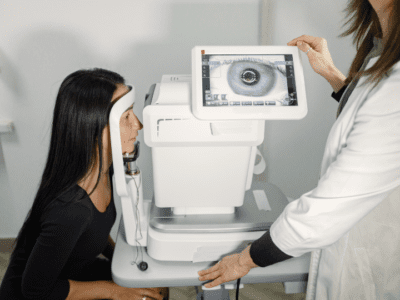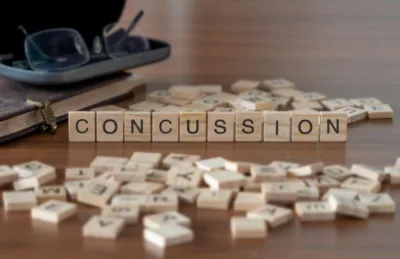for Concussion and Traumatic Brain Injury (TBI).
Radius TBI: Integrative Care for Concussions and TBIs
Radius TBI is a leading multidisciplinary medical team specializing in neurology, neuropsychology, audiology, neuro-ophthalmology, psychology, psychophysiology, psychotherapy, mental health counseling, physical therapy, and neurofeedback therapy. We are dedicated to delivering exceptional, coordinated care that improves the quality of life for patients affected by traumatic brain injury (TBI) and concussion. Our goal is to make your path to optimal health as seamless, supportive, and effective as possible.
When it comes to concussions and TBI, only the best treatment and care will do for your patients. Radius TBI defines excellence in traumatic brain injury care with state-of-the-art diagnostic methods and innovative treatment options.
Every 23 seconds in the U.S., someone sustains a brain injury. However, many will experience delayed onset of symptoms and are unaware that the signs are related to their concussion.
Ft Lauderdale
2736 E Oakland Park Blvd, Ft. Lauderdale, FL 33306
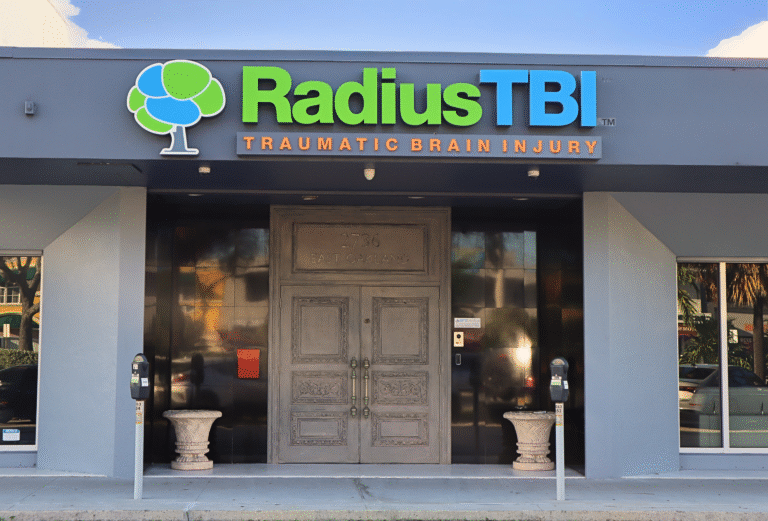
That’s why we’ve built a team to match.
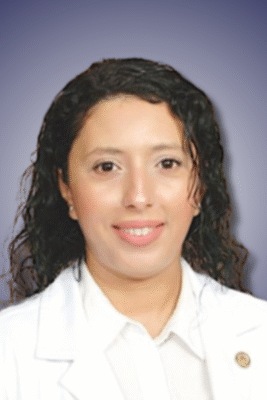
CLINICAL PHYSIOLOGIST / PSYCHOTHERAPIST: Leila Alami, DHSc, LMHC, GradCert(Neuro), BCN
DHSc: Doctor of Health Science, Specialty in Neurological Functions, Nova Southeastern University, College of Health Care Sciences, Ft. Lauderdale, FL
MS: Mental Health Counseling, Nova Southeastern University, Ft Lauderdale, FL
Neuro-Ophthalmologist
Neuro-ophthalmologists play a vital role in recovering and rehabilitating individuals with TBIs. Their expertise and patient-centered approach empower TBI survivors to reclaim their lives and improve visual function. Diagnosing and managing TBI-related visual impairments allows patients to regain their vision and overcome the challenges accompanying head injuries.
ENT Specialist
Radius TBI’s multidisciplinary team includes a board-certified ENT specialist with advanced expertise in ear, nose and throat care for patients with traumatic brain injury. He evaluates and treats balance disorders, hearing changes, sinus issues, voice and swallowing concerns, and airway or sleep-related problems that often follow concussion or TBI—working closely with the Radius TBI team to support comprehensive recovery.
Concussion/ TBI Diagnosis
As anyone who has experienced whiplash can tell you, you don’t have to have a head injury to experience a concussion or TBI.
That’s why it’s important to know your symptoms and get checked out by the professionals at RadiusTBI.
Treating a Concussion/ TBI
Did you know that depression, mental illness, seizures, difficulty sleeping, and even Alzheimer’s are all possible after-effects of a traumatic brain injury? It’s all the more reason to seek timely treatment from the skilled team of neurologic/TBI specialists at RadiusTBI.
Neurofeedback Therapy
Do you experience anxiety, ADHD, depression, sleep problems, or sleep disorders? Neurofeedback therapy can help reduce the symptoms of these conditions. Our specialists have years of experience administering effective, non-invasive Neurofeedback therapy sessions in a calm, supportive environment.
What Our Patients Say About Us?
Posted onTrustindex verifies that the original source of the review is Google. Dr. Mevorah is the best! He helped me in every and any way he could! I appreciate the help and making me feel like family.Posted onTrustindex verifies that the original source of the review is Google. The doctors are great and always on time. The staff is so helpful!Posted onTrustindex verifies that the original source of the review is Google. If you're ever involved in a crisis and injured your head or body due to an accident TBI is the place you need. The entire staff along with doctors embrace you and make sure that you get your life back on track. There treatment and work ethic is extraordinary. TBI, gives you a second chance to live after any accident. Wellness is the key for them. Just awesome. They help me regained my life.Posted onTrustindex verifies that the original source of the review is Google. Words cant describe how amazing this facility has been to me. Thank you to Brian, Lida and the rest of the team for being so helpful during my treatments. I would recommend Radius TBI to anyone who is seeking a VERY clean/organized facility, the most amazing people and just in general they outdo themselves. Thank you team!Posted onTrustindex verifies that the original source of the review is Google. Dr Mevorah is truly a genuine caring doctor with “true compassion”. He went very in depth with my symptoms and protocol to treatments for my specific problem, related to my concussion. It has been almost 4 months since my bike accident its a long road for me, but now I am confident of a positive outcome simple because of the caring nature and understanding this clinic gives its patients. God bless this incredibly caring doctor.Posted onTrustindex verifies that the original source of the review is Google. I did a lot of research before choosing Radius TBI. I have no regrets about my decision. Doctors and staff are very attentive and caring. They are very knowledgeable and open minded. I absolutely love this Medical Practice and would recommend it highly to anyone.Posted onTrustindex verifies that the original source of the review is Google. I have no regrets with the decision I made when choosing Radius TBI. They are very attentive . They are very open minded. I would highly recommend this location to everyone.Posted onTrustindex verifies that the original source of the review is Google. Posted onTrustindex verifies that the original source of the review is Google. Verified by TrustindexTrustindex verified badge is the Universal Symbol of Trust. Only the greatest companies can get the verified badge who has a review score above 4.5, based on customer reviews over the past 12 months. Read more
Social Media





